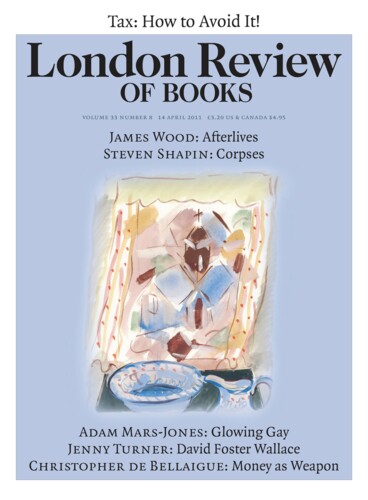Socialism in One County: True Blue Labour
David Runciman, 28 July 2011
One of Ed Miliband’s first decisive acts on becoming Labour leader (one of his few decisive acts, sceptics would say) was to appoint as his press secretary a seasoned hack with no illusions about how the media work. He chose Tom Baldwin of the Times, by all accounts about as unillusioned as they get. I assume the point of hiring Baldwin was to have a News International insider who could mix it with the likes of Andy Coulson, although that’s an idea Miliband is doing his best to bury at the moment. At the same time, Miliband revealed his other side when he elevated his favourite maverick intellectual, the community organiser and social theorist Maurice Glasman, to the House of Lords. Glasman was under instructions to keep thinking outside the New Labour box. Baldwin and Glasman represent the yin and the yang of Project Edward Miliband: the bruiser and the dreamer. So far, though, there is little sign of harmony.





